Jan. 19, 2021 | , DOD News
Like many veterans, Edward C. Meyer was inspired to serve by a family member, an uncle who was in the Navy.
In 1948, Meyer entered the U.S. Military Academy at West Point in New York. He played lacrosse all four years at the academy and excelled. As captain, he led his team to take the Wingate Trophy, winning the national championship in 1951. He was also a two time all-American.
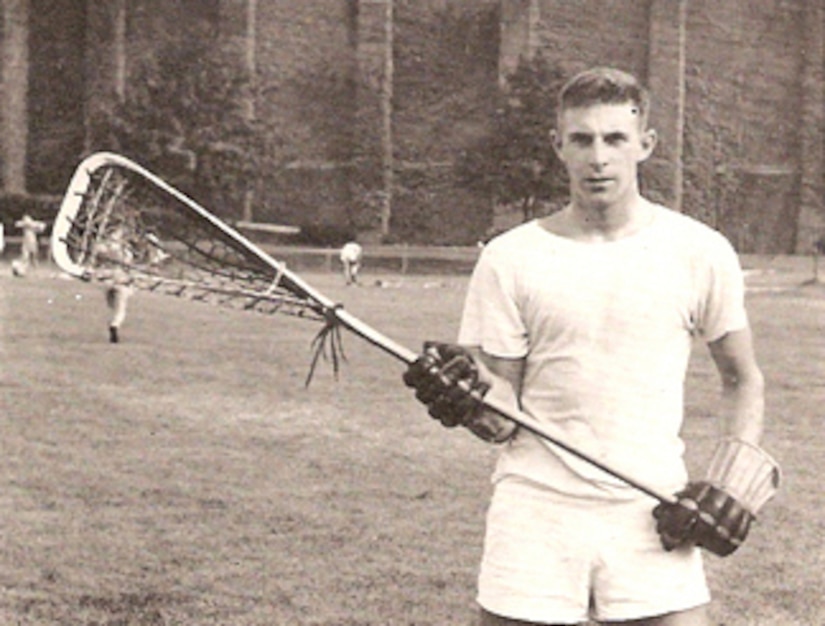
But Meyer loved the Army even more than lacrosse and decided to make it a career. During the Korean War, he earned the Bronze Star and Silver Star medals for valorous actions, 1952 to 1953. During the war he served with the 224th Infantry Regiment, where he moved up from platoon leader to company commander and then battalion staff officer.
In 1965, he deployed to Vietnam as deputy commander of 3rd Brigade, 1st Cavalry Division (Airmobile) and later as commander of 2nd Battalion, 5th Cavalry Regiment in 1966.
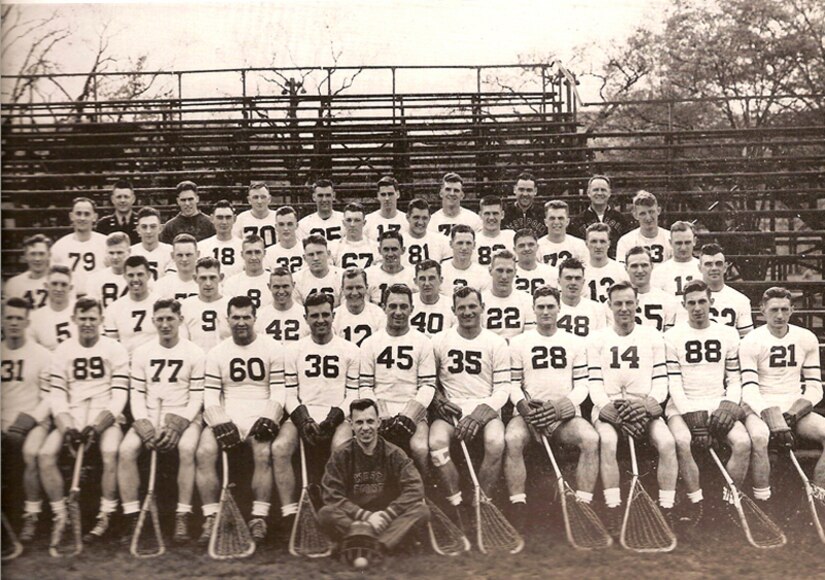
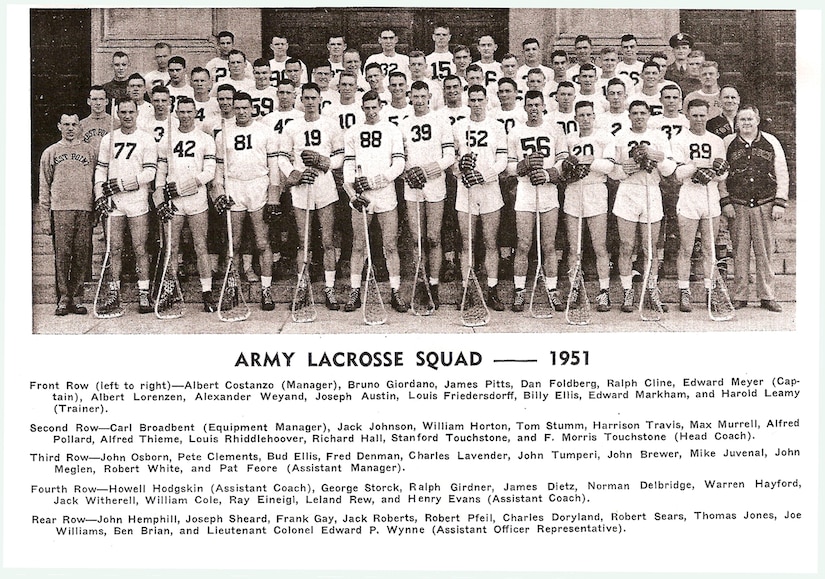
He served a second tour in South Vietnam from 1969 to 1970 and was commander of the 2d Brigade, 1st Cavalry Division (Airmobile) and later division chief of staff.
During his Vietnam War tours, he was awarded the Silver Star, Distinguished Flying Cross and the Purple Heart.

In the 1970s following the Vietnam War, the service was often referred to as the "hollow Army" because it suffered from shortages of personnel and equipment, deficiencies in maintenance and disciplinary issues.
At the time Meyer became the Army chief of staff in June 1979, he said just six of the 10 Army divisions were combat ready. He quickly set about making improvements, such as improving unit cohesion and introducing lighter and more mobile vehicles to make the Army more expeditionary. He retired in June 1983 with Army readiness levels greatly heightened.
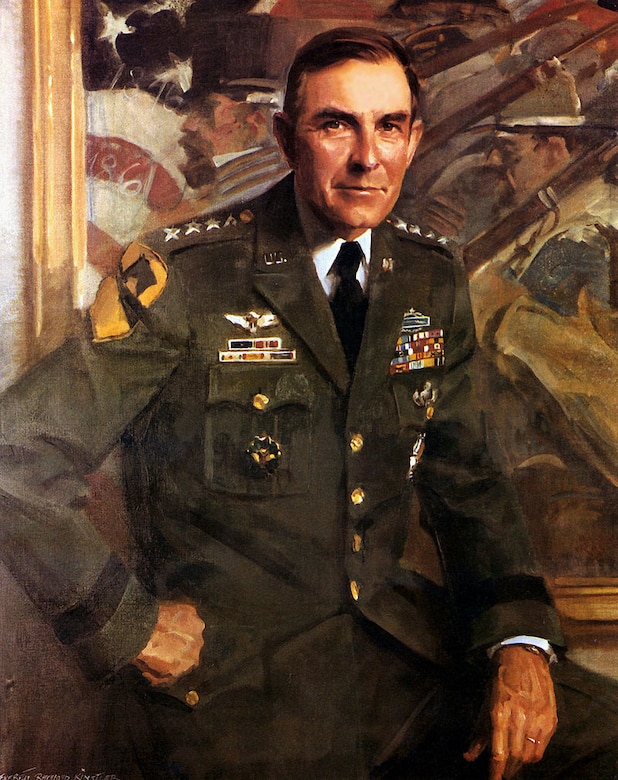
Some interesting facts about Meyer include:
- His nickname was "Shy" — unusual because he was talkative and outgoing.
- Despite leaving a promising lacrosse career behind, Meyer continued to be a physical fitness advocate. While serving as Army chief of staff, he was the Pentagon handball champion.
- Unlike almost all of today's military leaders, Meyer lamented the end of the draft in 1973. In 1983, he said, "I have great concern about the future of a nation in which there is no responsibility for service placed upon the people."
Among his most famous quotes are:
- "The community of Army people — the soldiers, their families and our civilian workforce — constitute a mosaic of individual talents, concerns and capabilities united by a shared sense of purpose."
- "Close bonds and a special relationship must endure between the military and society if we're to be an effective instrument of national power."
- "Invariably, when a soldier has a problem, it's his first-line supervisor or first-line leaders who determine whether the soldier thinks the Army cares."
Meyer died at his home in Arlington, Virginia, on Oct. 13. He was 91.

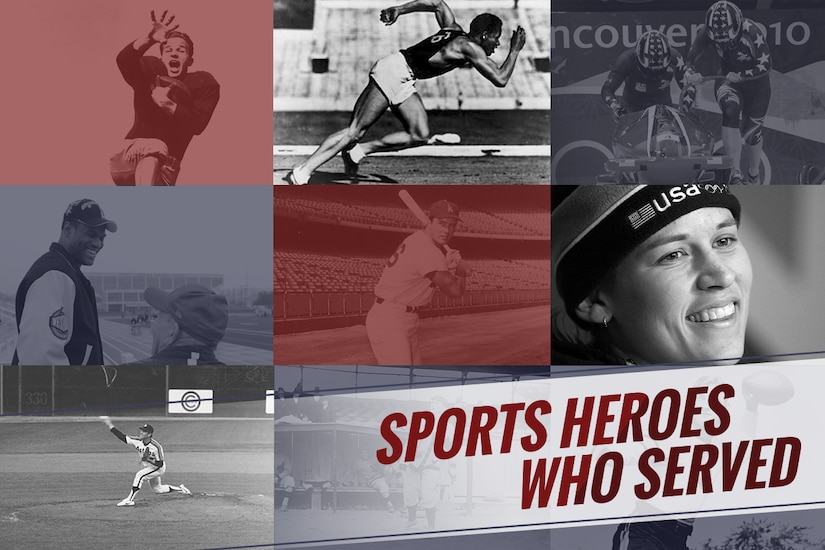





No comments:
Post a Comment